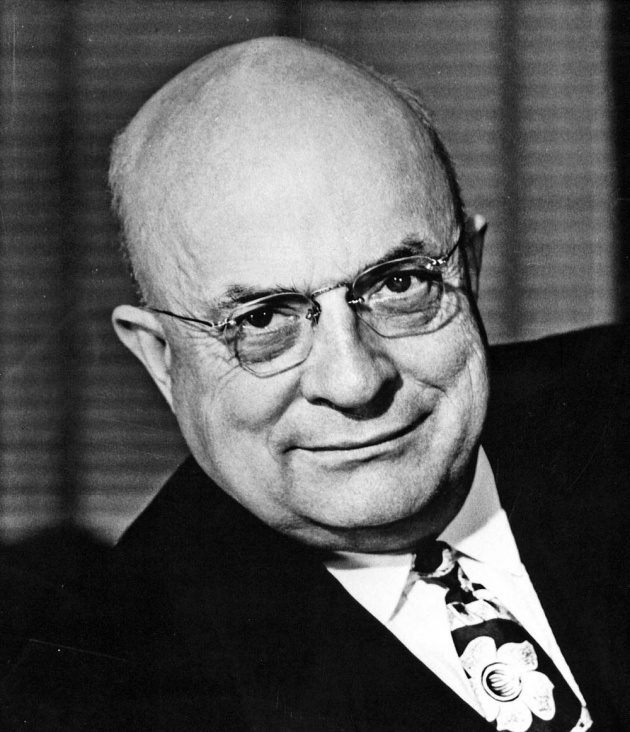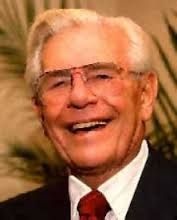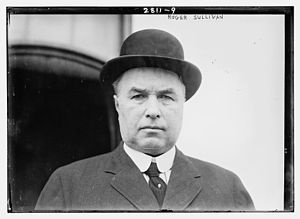- Situations in which moral reasons come into conflict with each other
- Applications and Boundaries of moral values are unclear
- Its not immediately obvious what should be done
- It comprises small portions of moral choices
Designing of Aluminum Cans and Can-Opener:
- Kaiser Aluminum – Founded by Henry J Kaiser in Calif, USA in 1946
- Improved the heavier & expensive drinks’ cans
- A single sheet, flexible material – forming a can up to the top leaving the top to be added after filling the drink in it

-
Ermal Cleon Fraze of IN, USA invented the detaching-type ‘Pull-tabs’ can-opener in 1959
Issues:
Jagged edges of the opened slot: lips and nose injuries
Billions of discarded pull-tabs caused:
Pollution
Foot injuries
Balance Usefulness: uselessness / inconvenience to the customers as well as environment 
- In 1976, Daniel Cudzik of VA, USA designed a Stay-Attached Can-Opener
Better than Fraze’s Can-Opener in a number of ways
But improvement is still being carried out
Learning Outcomes:
Engineering / designing progresses by design failures
Moral Values are embedded in the designing process at all the stages
Decisions have technical and economic outlook
Moral dimensions in all the four directions: (1) Health & Safety (2) Environmental Protection (3) Consumer’s Convenience and Utility (4) Economy



